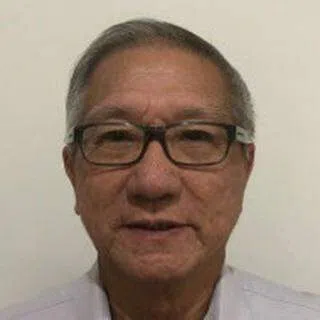The global south and global north: Where does Singapore belong?
Former journalist Goh Choon Kang notes the gap between the global north and global south, with more affluent countries not delivering on promises and commitments made to less developed countries. Is there hope of reconciling the strong and the weak?
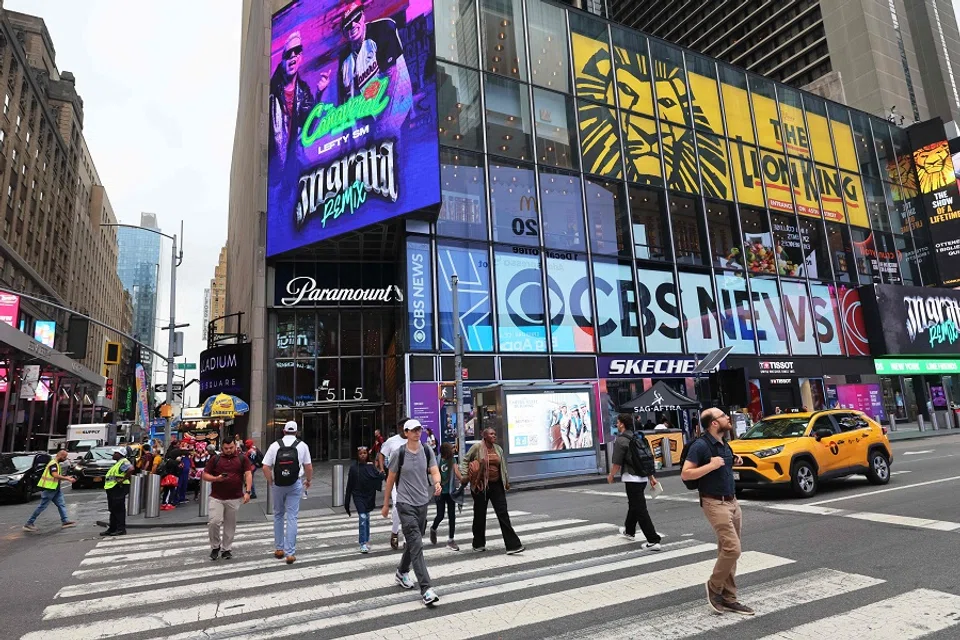
Question: what have world leaders been busy with recently? Answer: drawing up alliances, jostling and competing in public and private. Everyone wants to pull as many countries as possible into their clique. Why? Because they cannot accept one another and do not want to let other countries coexist in mutual prosperity, which is pure zero-sum thinking. Once again, the world plunges into chaos, with camps and factions rapidly forming. Even countries which have long remained neutral are on tenterhooks, rushing to choose sides.
As the dominant global force, the US sees China as its biggest threat and has declared that it will not settle for second place, and is sparing no effort in keeping down the world's second largest economy. The West - so proud of being a democratic entity - clearly cannot accept the rise of a civilisation with a different political ideology, and will not rest until it is liquidated.
So, we see accelerating division in global geopolitics and economy, with competing sides going all out offensively and defensively, engaged in intense tussling and opposition, giving tit for tat. Such global political fighting has unfortunately become the motif in today's international relations, taking over the minds of leaders of big countries, so that they have no time to consider other major global issues such as the pandemic or climate change, while global multilateral cooperation mechanisms are also constantly being undermined.
Clearly, China, amid containment and encircling by the US camp, is doing its level best to build its own resistance.
Moves by the US and international organisations
In Europe, the US has rallied its NATO partners against Russia, while in Asia, it has called on both AUKUS - the trilateral security pact between Australia, the UK, and the US - and the Quadrilateral Security Dialogue (Quad) between Australia, India, Japan and the US, to connect Japan and South Korea with NATO. The US is also pushing for India to become a permanent member of the United Nations Security Council to counterbalance China and Russia. Of course, it also has the G7.
In late August, the biggest news out of the BRICS summit held in South Africa was a major expansion to include Argentina, Egypt, Ethiopia, Iran, Saudi Arabia and the UAE as new members. Some academics interpret this as China prioritising the global south, or less developed countries. Clearly, China, amid containment and encircling by the US camp, is doing its level best to build its own resistance.
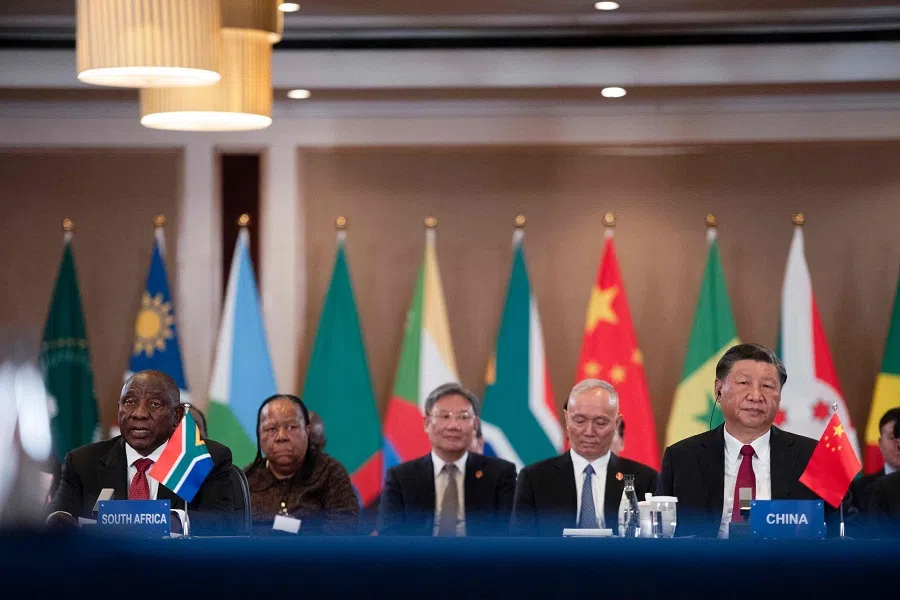
Besides Russian President Vladimir Putin, in a rare move, Chinese President Xi Jinping also skipped last weekend's G20 summit in India, showing signs of disharmony between certain summit members. On the other hand, US President Joe Biden made a high profile appearance; after that, he visited Vietnam - which the US army nearly levelled with bombs during the Vietnam War - upgrading relations to a comprehensive strategic partnership.
Modi's India and the G20
Under Prime Minister Narendra Modi, India, which assumed the rotating presidency of the G20, showed its strength as a nation. Modi was sitting behind the country tag of "Bharat" during the summit, promoting to the world the country's classical Sanskrit name. Is this not also an effort at civilisational renaissance?
In an interview with the BBC, Happymon Jacob, associate professor at Jawaharlal Nehru University's School of International Studies, said Modi "has positioned himself as a global statesman. A big and successful show at the G20 would add to that image."
Significantly, while hosting the summit, India also facilitated the African Union's full membership into the G20, as it strives for leadership in the global south. Who is India competing with?
On the first day of the G20 on 9 September, the official WeChat account of the China Institutes of Contemporary International Relations, under the Chinese Ministry of State Security, published a strongly-worded article on India's calculations and ambitions (《印度的"大布局"与"小心思"》) by Xu Qin, a research assistant at the institute. The article accused India's self-serving approach in its choice of venue and agenda for the global event, creating disagreements, rivalries and discord to the summit.
As a member of the BRICS, India clearly no longer shares the same values and goals as China. While both countries belong to the global south, they seem to be going in opposite directions.
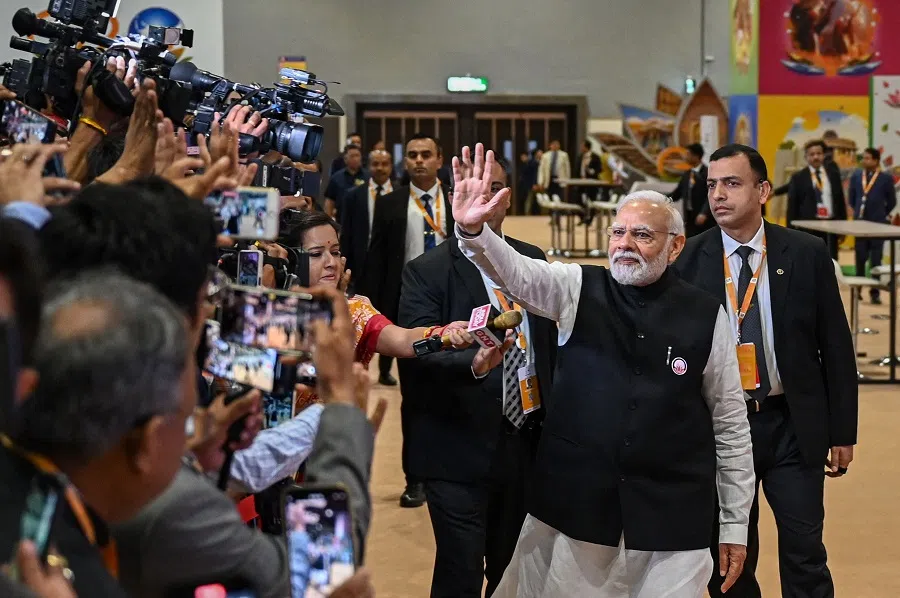
On the one hand, China is attacking India; on the other, India, the US, the European Union, Saudi Arabia and the United Arab Emirates announced during the summit the signing of a Memorandum of Understanding to develop a new India-Middle East-Europe Economic Corridor that strengthens port and railway connections between India, the Middle East and Europe. Biden called it a "real big deal", and it certainly is. But what is it for?
Prior to the summit, Reuters reported, "The plans for a sweeping, multinational ports and rail deal would come at a critical time. To counter China's Belt and Road global infrastructure push, Biden is pitching Washington as an alternative partner for and investor in developing countries at the G20, especially in the Indo-Pacific region."
As a member of the BRICS, India clearly no longer shares the same values and goals as China. While both countries belong to the global south, they seem to be going in opposite directions. The show that India and the US have put up together fully illustrates the unpredictability and complexity of great power politics today - former enemies have become friends, and vice versa. Indeed, there are no permanent friends or enemies, only permanent national interests.
Biden missed the 43rd ASEAN Summit in Jakarta because he was preoccupied with the G20, whereas Xi skipped both meetings. Before this, on top of the recent BRICS expansion, China brokered the Iran-Saudi rapprochement. Now, the US has hit back. Where is the global south headed?
Climate change and the pandemic
While the Covid-19 pandemic has largely subsided, climate change remains unresolved as another major problem for today's world. This year, many countries around the world have been hit by all types of extreme weather such as droughts, fires, wind disasters and floods. Everyone says these are natural disasters that come once a century because they never happened in the past hundred years, and they were unexpected. But all this does not seem to have changed the behaviours of global north countries, which are mainly developed countries in the West.
Some list Singapore among the "north", while others list us among the "south"; the fact is we are among the weak.
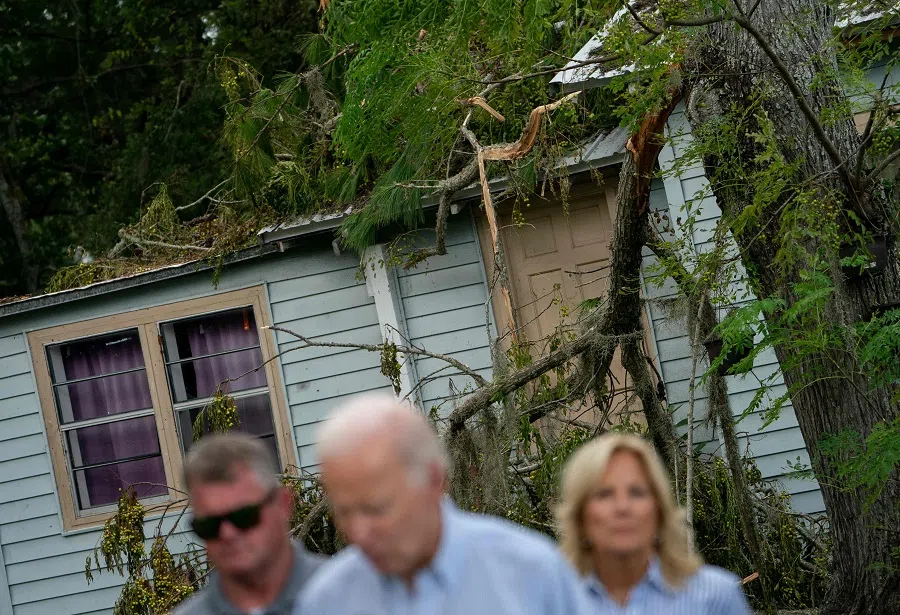
It is still fresh in people's minds how former US President Donald Trump wilfully withdrew from the Paris Agreement, while the global south would also not forget how the global north coldly abandoned them during the three-year pandemic and stockpiled vaccines for themselves. But they now continually latch on to the Global South in an effort to draw them in.
In fact, when it comes to climate change, the global north has once again acted in bad faith and has yet to fulfil its commitment to help developing countries or meet its pledged donations. Many small countries facing the existential threat of climate change, including numerous island nations in the South Pacific, can only wait anxiously and hopelessly for help that might never arrive.
Global south or global north, at the end of the day, the basic reality of international relations is the strong bullying the weak and the big eating the small. Some list Singapore among the "north", while others list us among the "south"; the fact is we are among the weak.
Compared with today's major powers, most countries are among the weak. And if weaker countries are not self-reliant and do not band together, they will ultimately be wrapped around the fingers of major powers.
This article was first published in Lianhe Zaobao as "全球南方和全球北方".
Related: Xi Jinping's rare absence from the G20 summit | China puts spotlight on global south with BRICS expansion | BRICS expansion a sign of shifting global governance and security architecture | Instead of seeking support from others, Xi and Biden must meet again | BRICS expansion ups ante but can the momentum be sustained?
